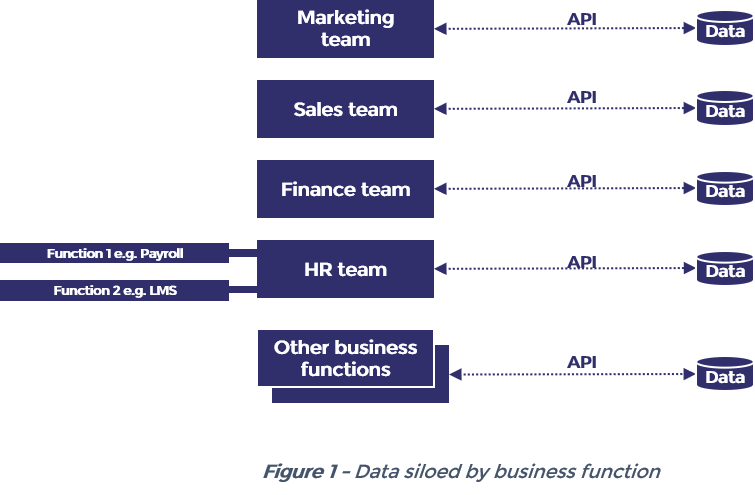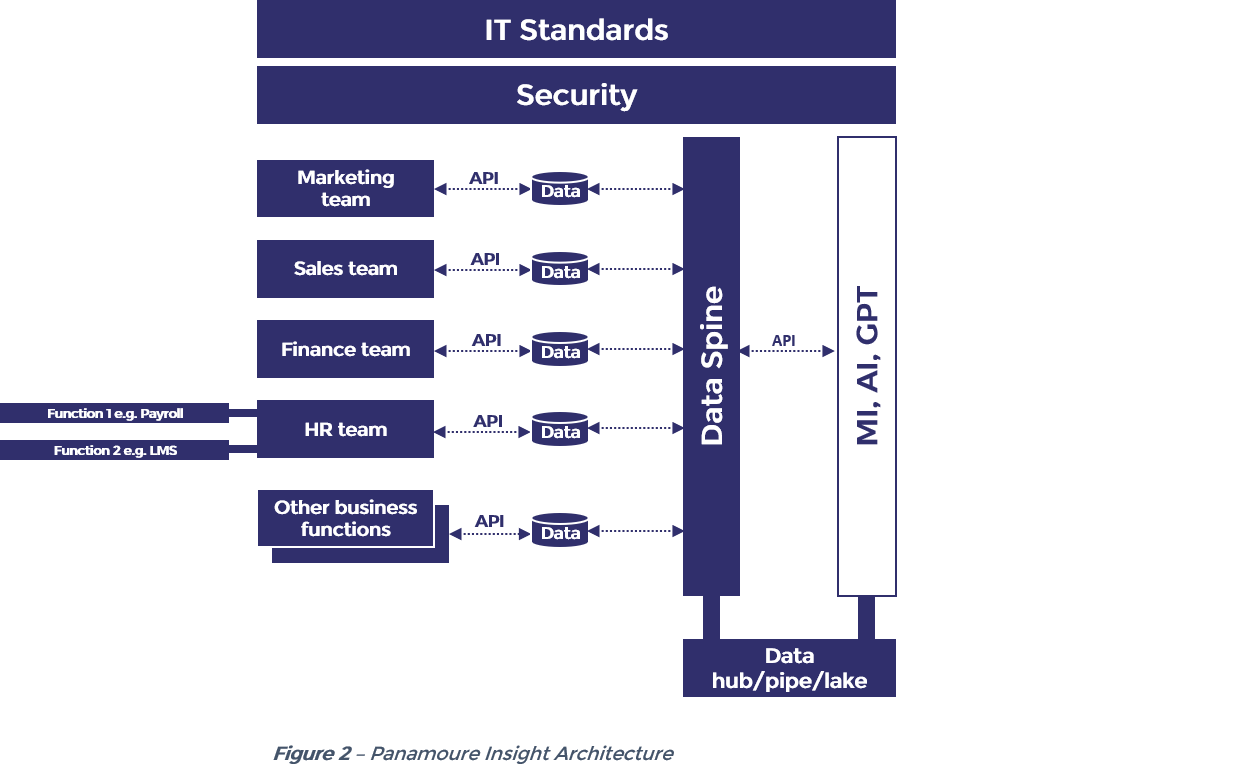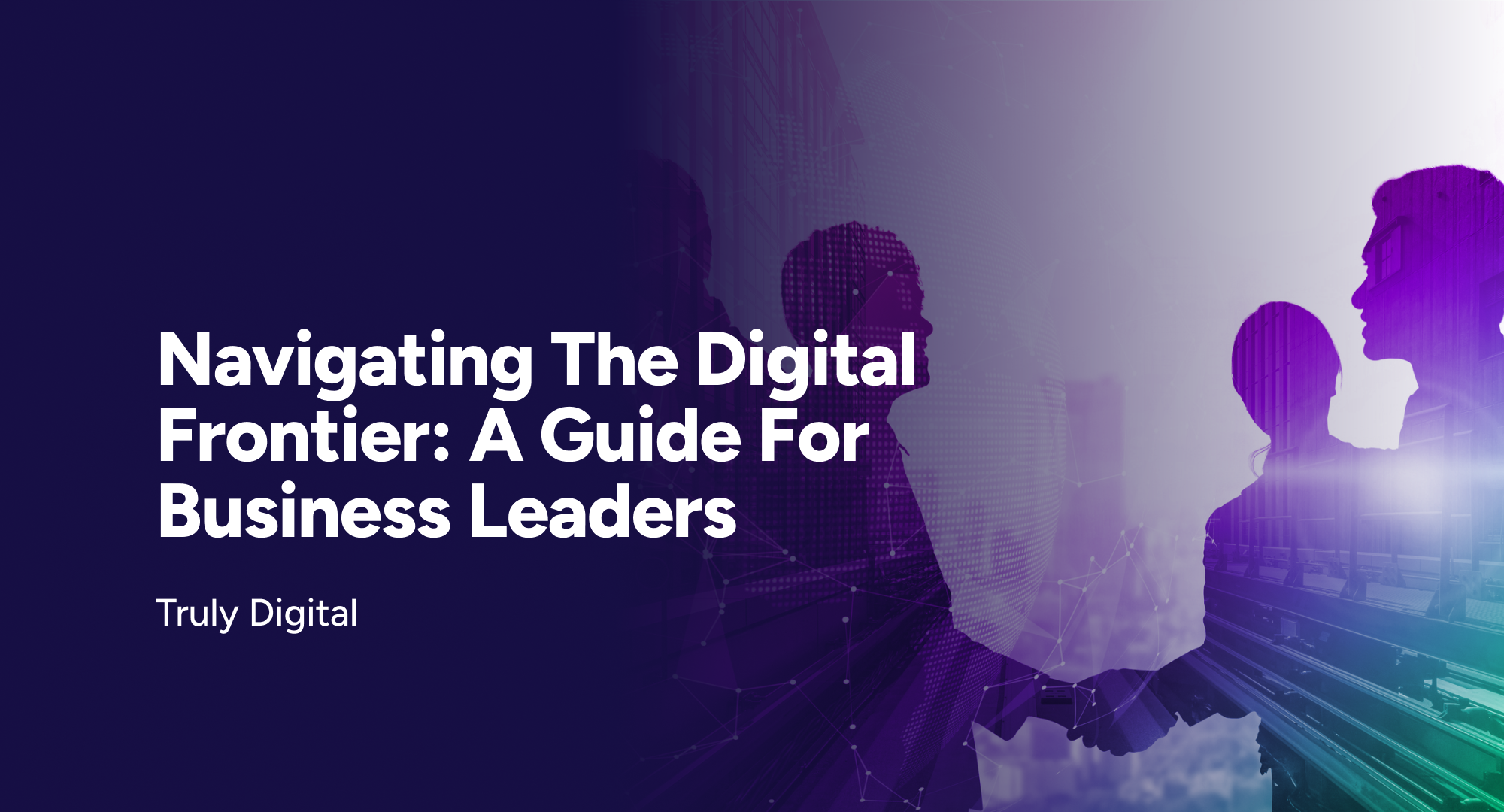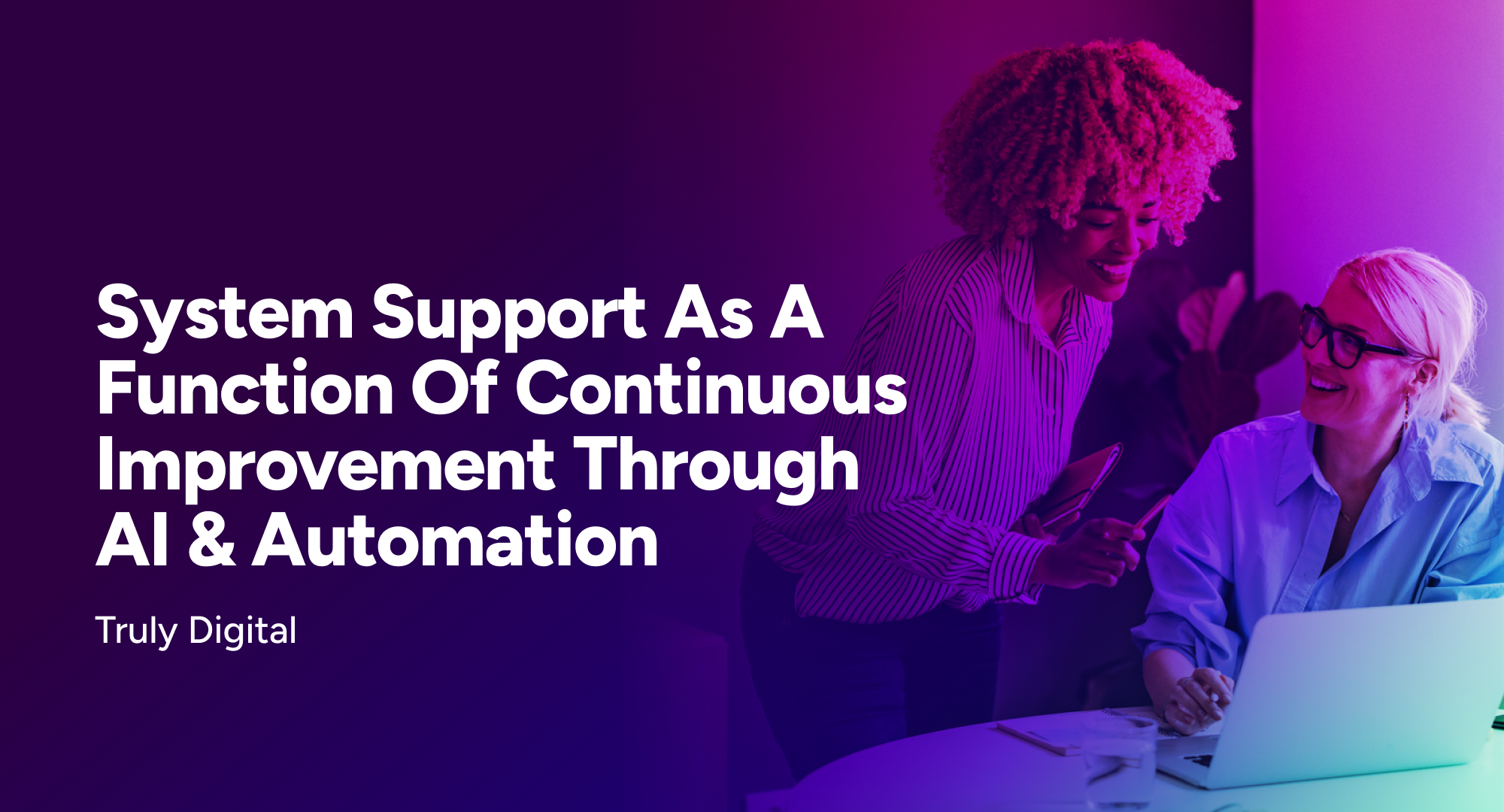The questions we hear most from our PE PortCo clients revolve around what steps they can take towards being a more data-driven business. Exec recognise that AI is highly likely to change the way they run their businesses. The trouble is working out exactly what these changes might be and how to avoid falling for the hype that surrounds this fast-moving space.
To gain a better perspective, we typically advise our clients to take care of their data fundamentals and connectivity. By data fundamentals, we mean that they should ensure that any data that they generate through BAU is captured in such a way that allows it to be made available to third-party applications. This may mean collecting data and putting it into a data lake. It could also mean ensuring that the source applications such as a CRM platform are accessible to third-party applications.
One way to think about this from a purely business perspective is to consider each business function using a specific tech platform; the sales and marketing teams may use a CRM platform, the finance team may use an ERP system and the customer service team may use yet another platform.

Before we go any further, it is important to confirm a strong working assumption that underpins all of our thinking around AI algorithms and their deployment in a business context. That is, we at Panamoure believe that the depth of functionality available through software as a service (SaaS) platforms hosted on the cloud, means that no business should need to be writing bespoke AI code, at least in the first instance. Working this assumption into our thinking means that we advise our clients to focus on making their data for any given business function available to potential AI partners. If they are already using a cloud-based SaaS CRM such as HubSpot, then the sophisticated HubSpot APIs easily provide direct and highly granular access to any permissioned AI platform. This can open up CRM-oriented AI use cases such as predictive lead scoring, customer churn analysis and even sentiment analysis. The same approach can be used for data related to any other business function.
The business function approach to AI will deliver results, but in the longer run there is more value to be realised by combining datasets across the business. The data architecture required for realising enterprise value needs to bring data together. There are several ways of achieving this objective, but conceptually, they all resolve under the same model. We call it the Panamoure Insight Architecture.

This relatively simple arrangement is focused on maximising the potential value of a firm’s data by simply making it fully accessible to market leading SaaS AI platforms. The pre-trained algorithms are designed to incorporate proprietary data. The data is stored and/or processed according to the applicable regulations, along with enterprise-grade security. This approach will open up the potential of deploying super interesting AI use cases. We’ve seen some great ROI delivered combining customer and finance datasets to reduce customer churn and massively increase loyalty, all done by treating each customer as an individual and providing actionable insights at scale.
As with most technology solutions in the AI age, the full potential of any given use case is typically realised through iterations. This allows firms to generate fast and early ROI as they target easy wins. The ‘long tail’ benefits can then be realised over time as the AI models are refined and actionable insights are deployed through increasingly automated channels.
Finally, we should all remember that we are still super early on the corporate AI journey. The full potential of these technologies won’t be realised for years to come, and yet so many firms are using AI already. The pragmatic approach, therefore, is to get started with no regrets investments that will generate strong ROI numbers, at the same time as laying down the foundations for whatever the future may bring.







